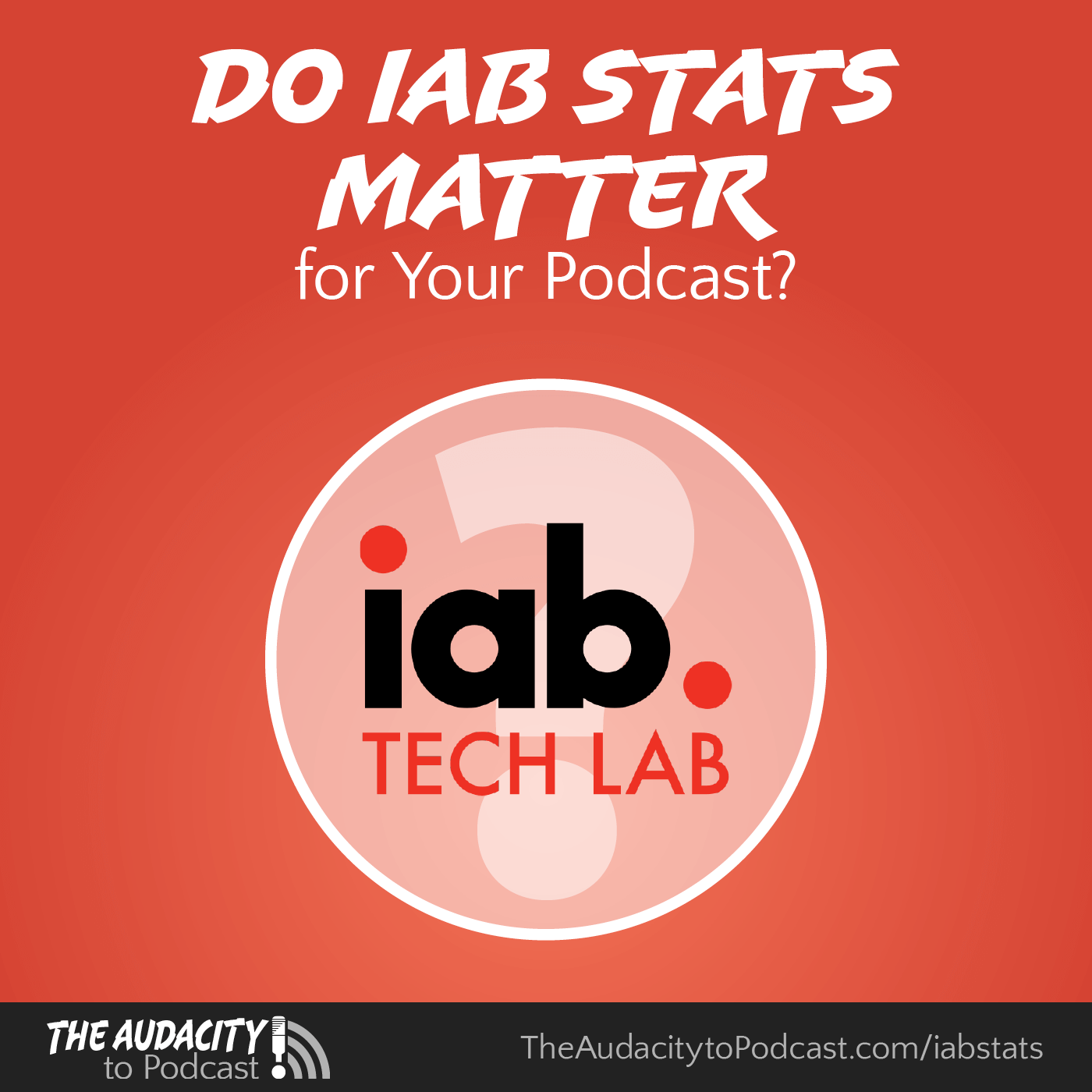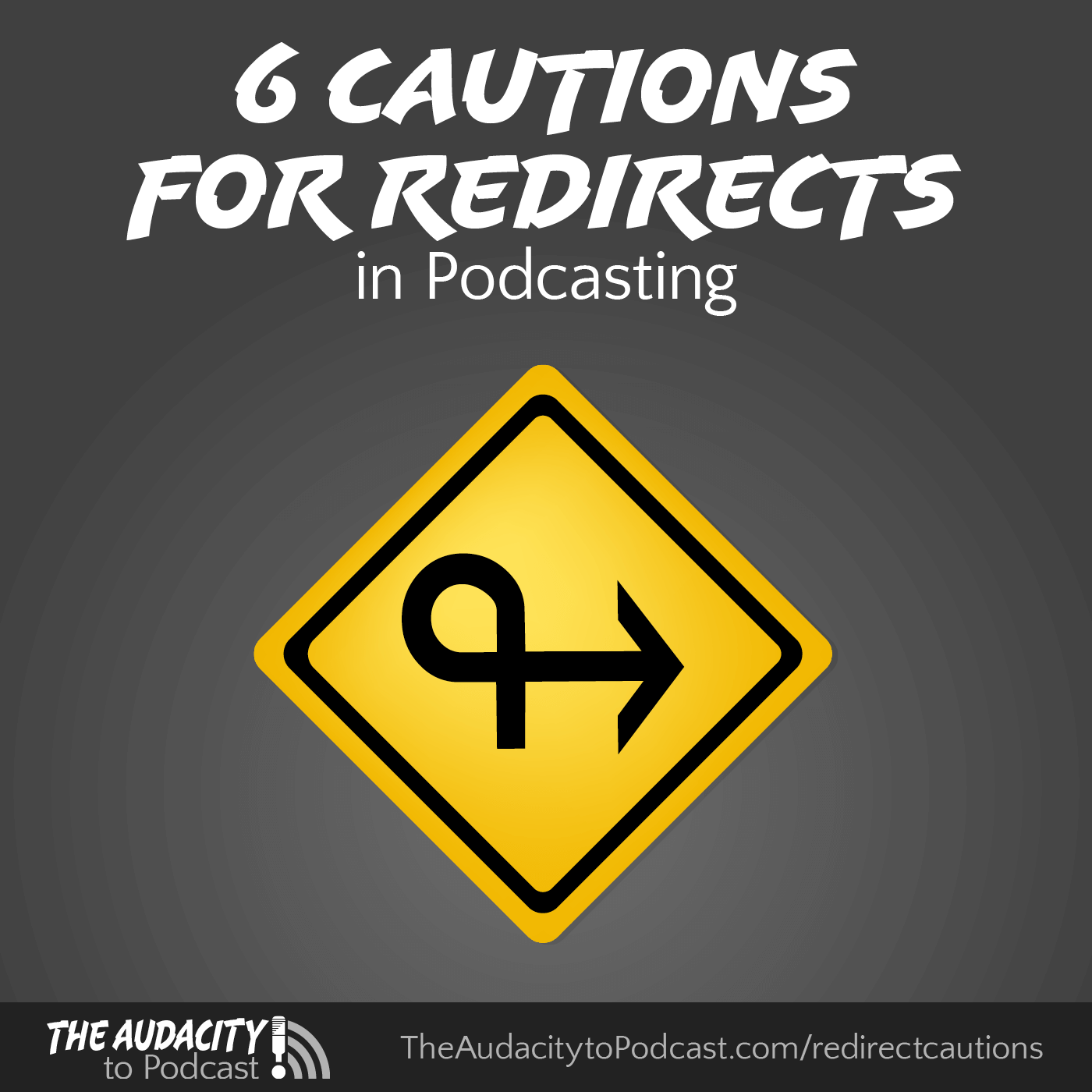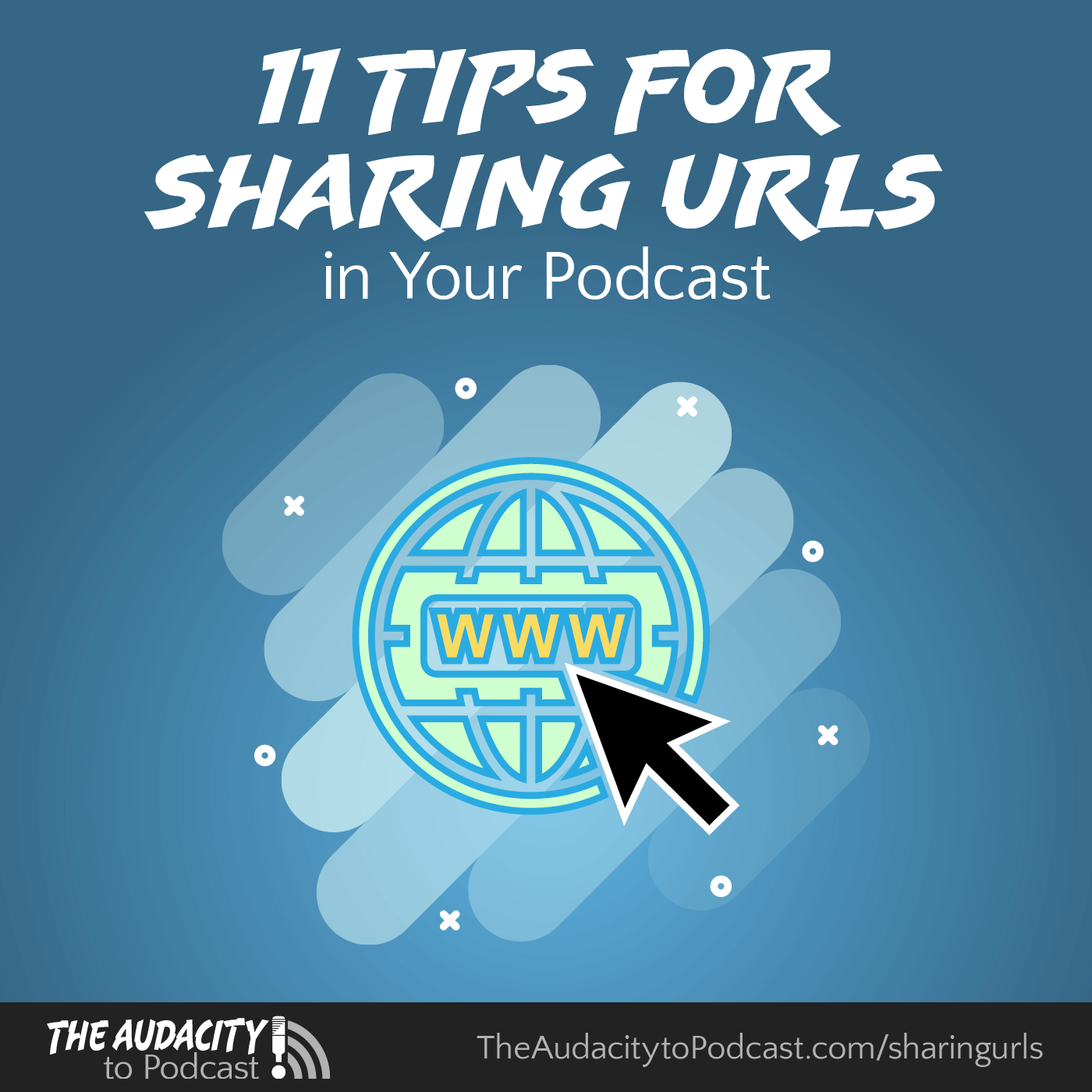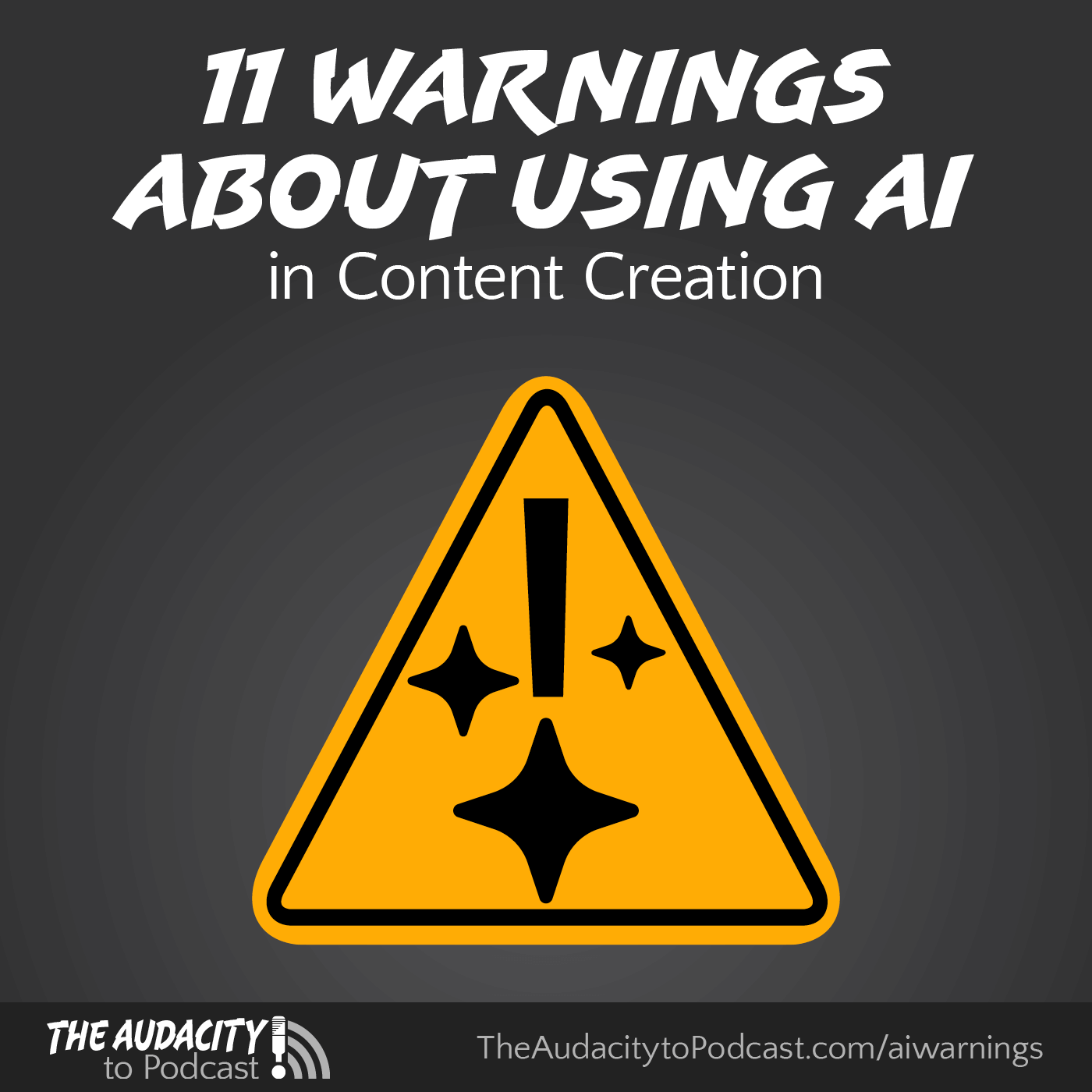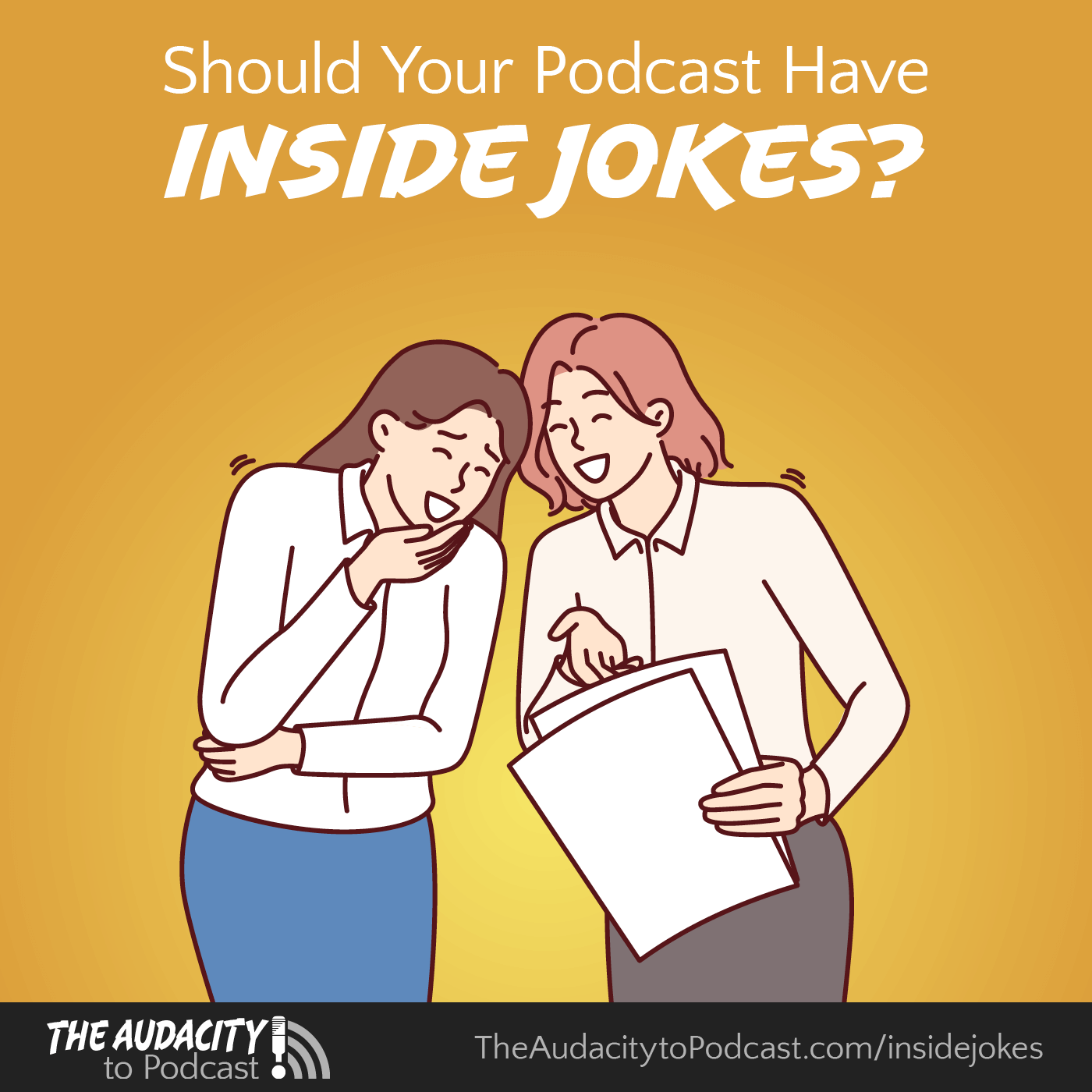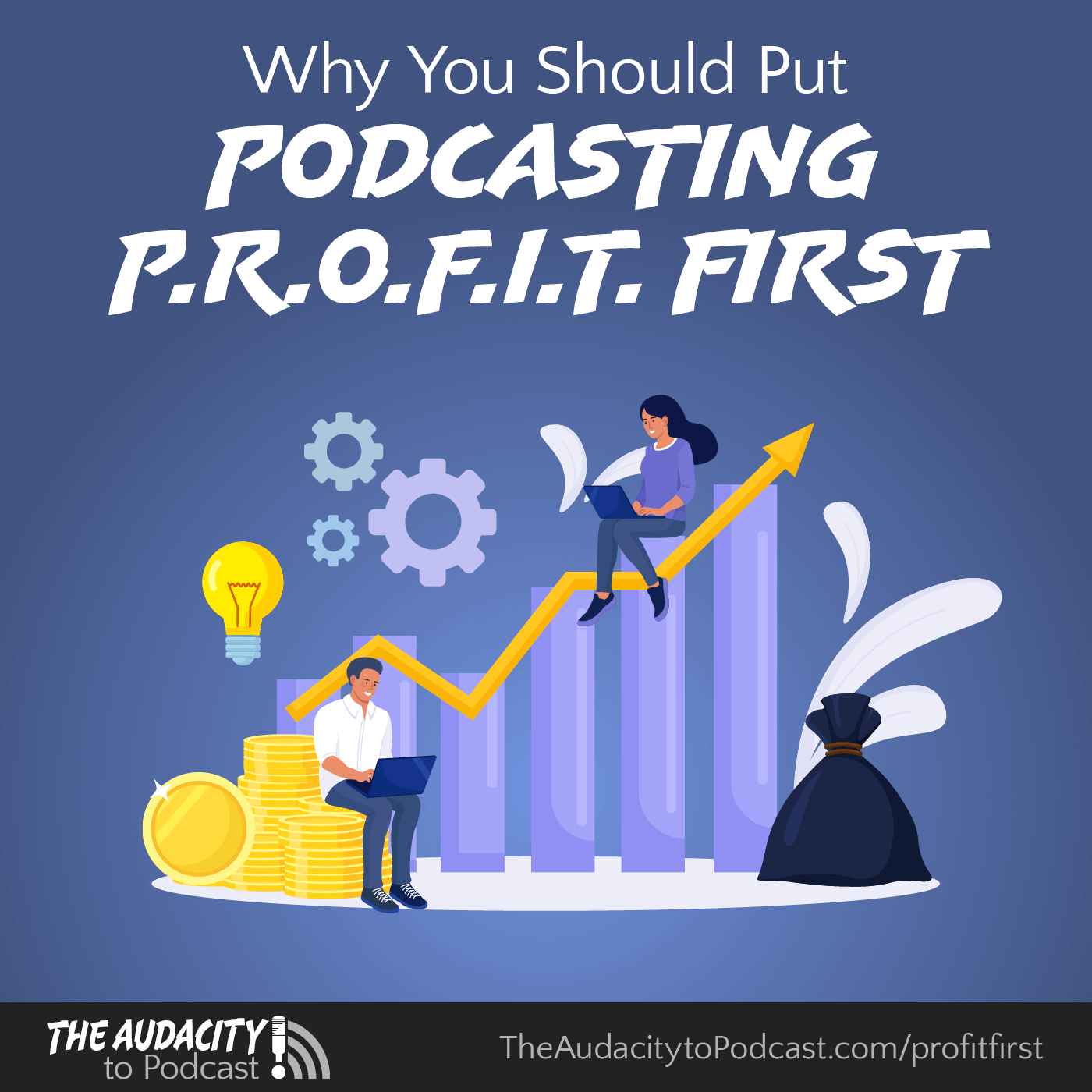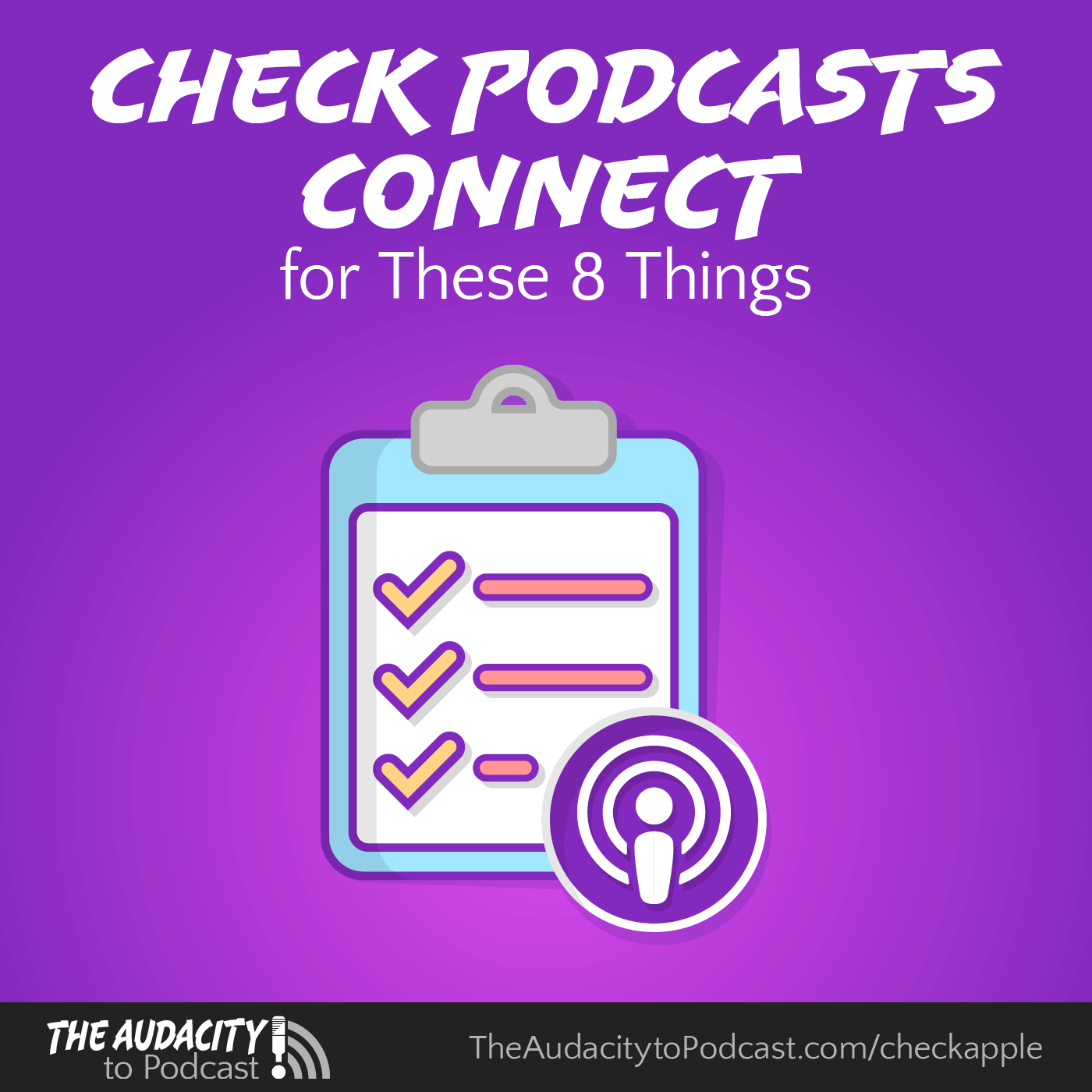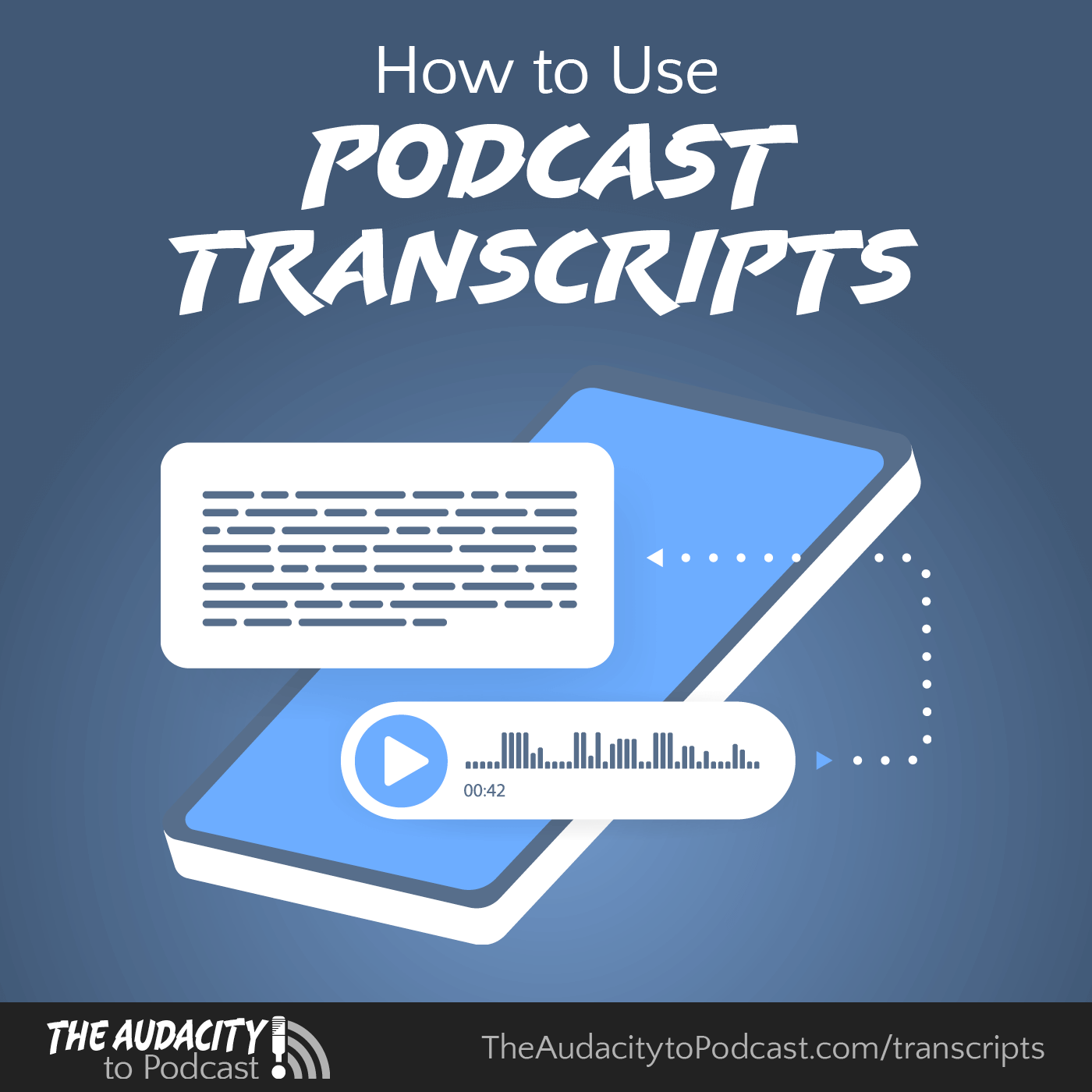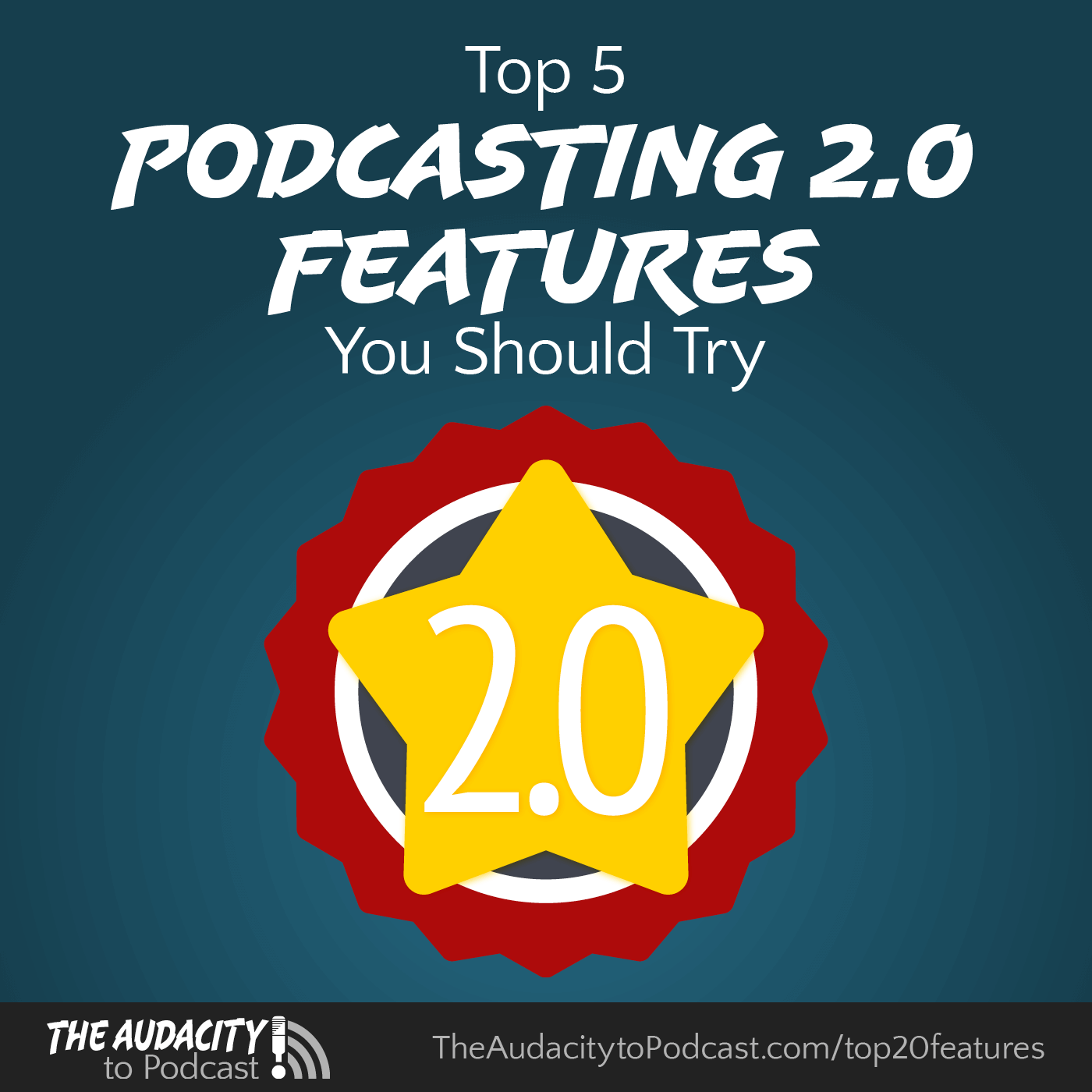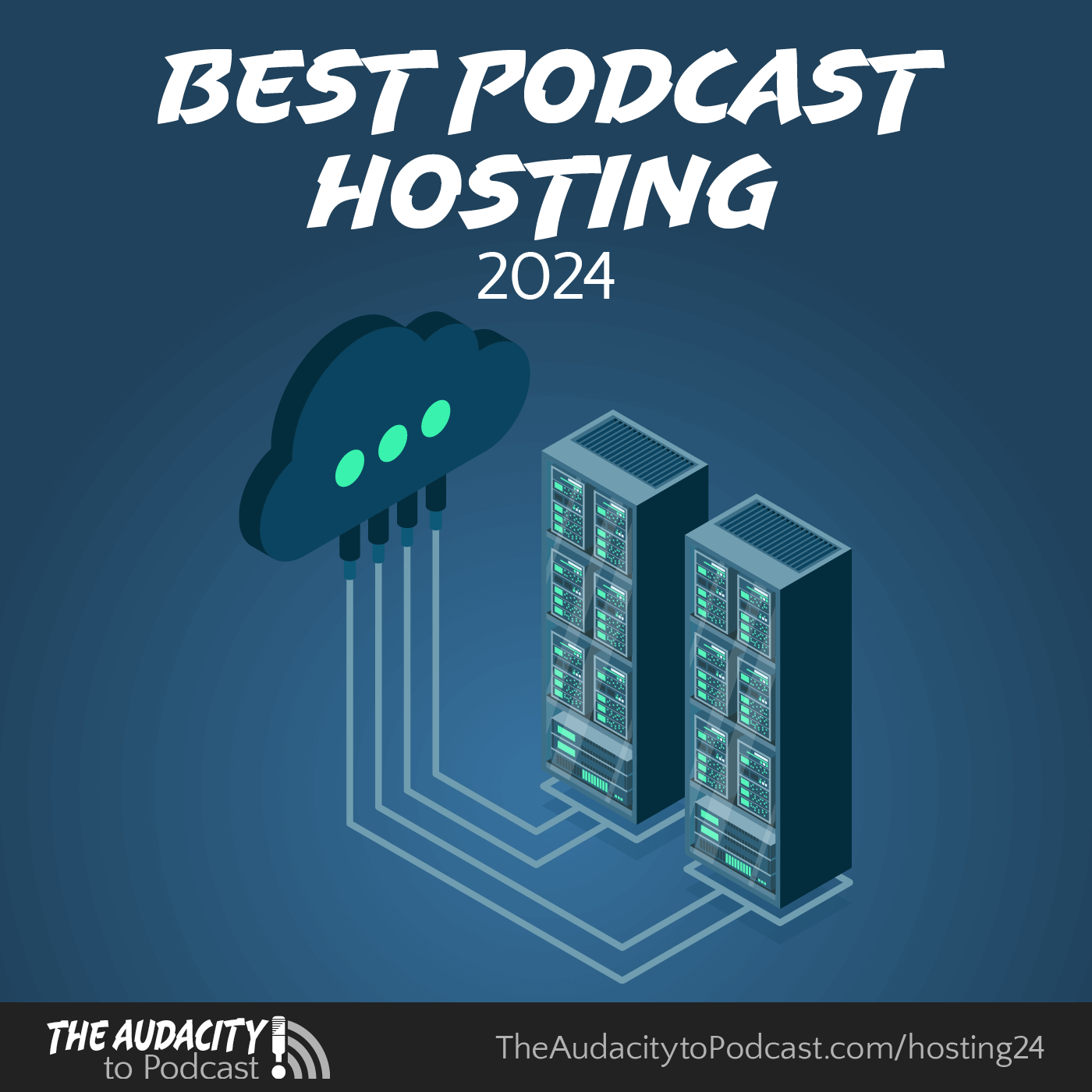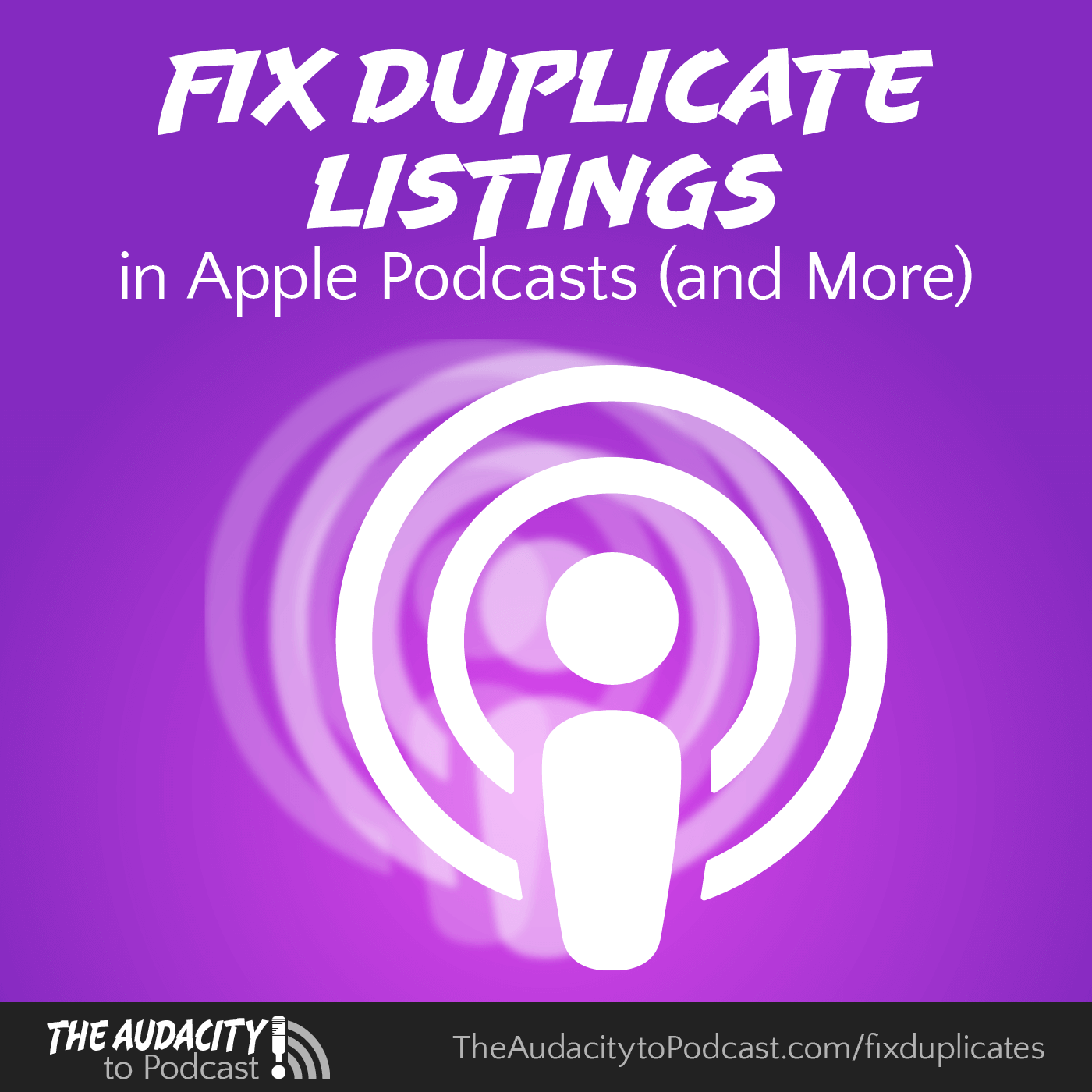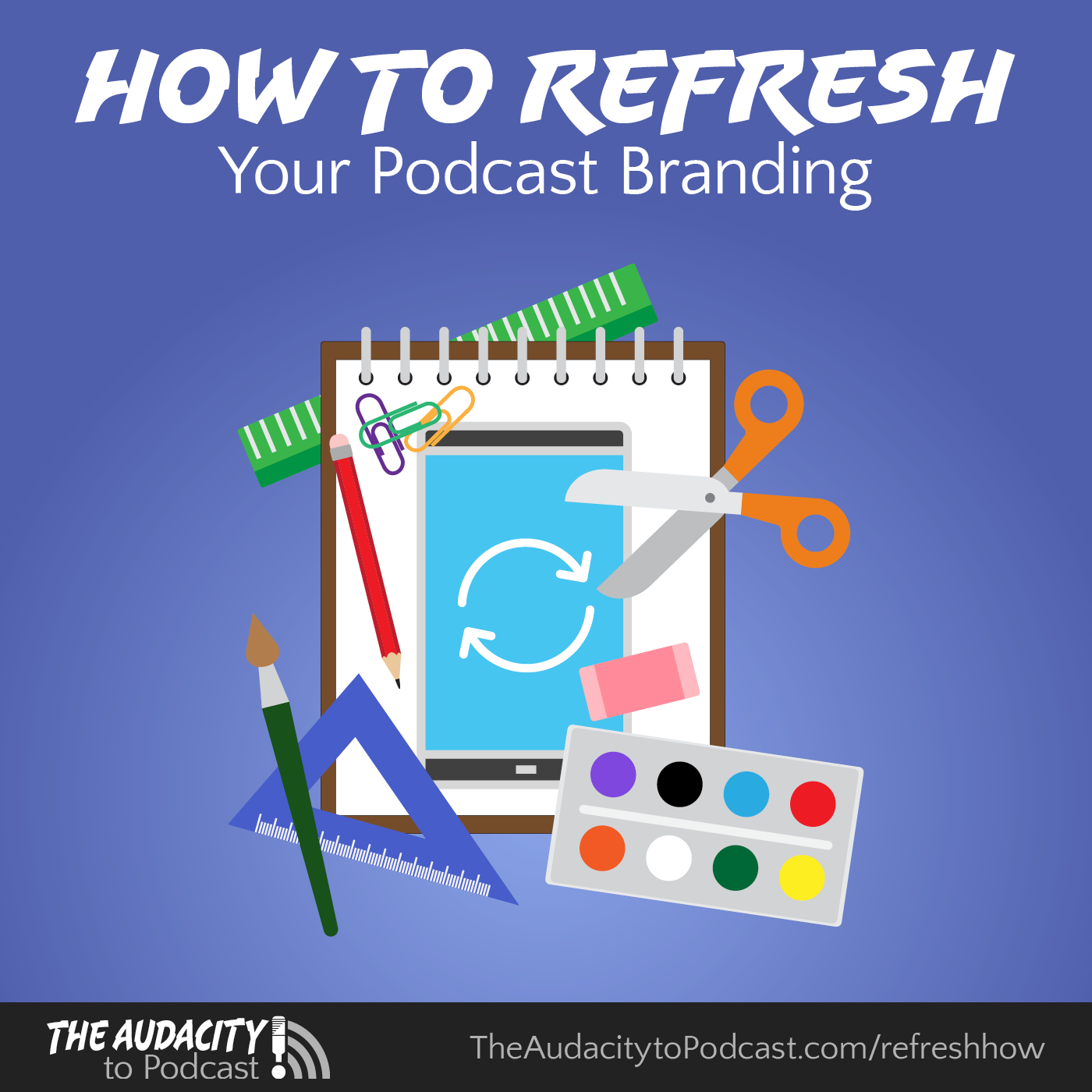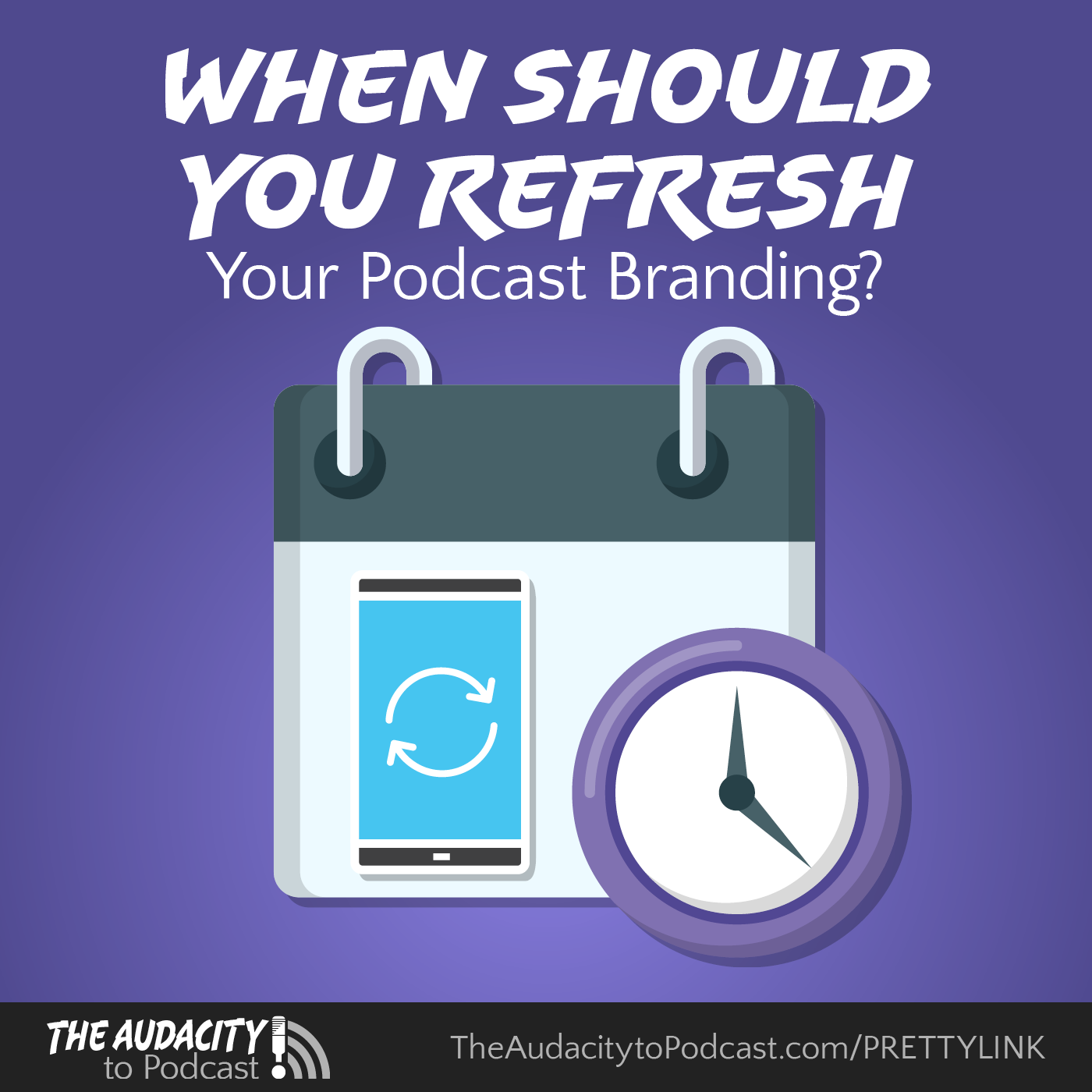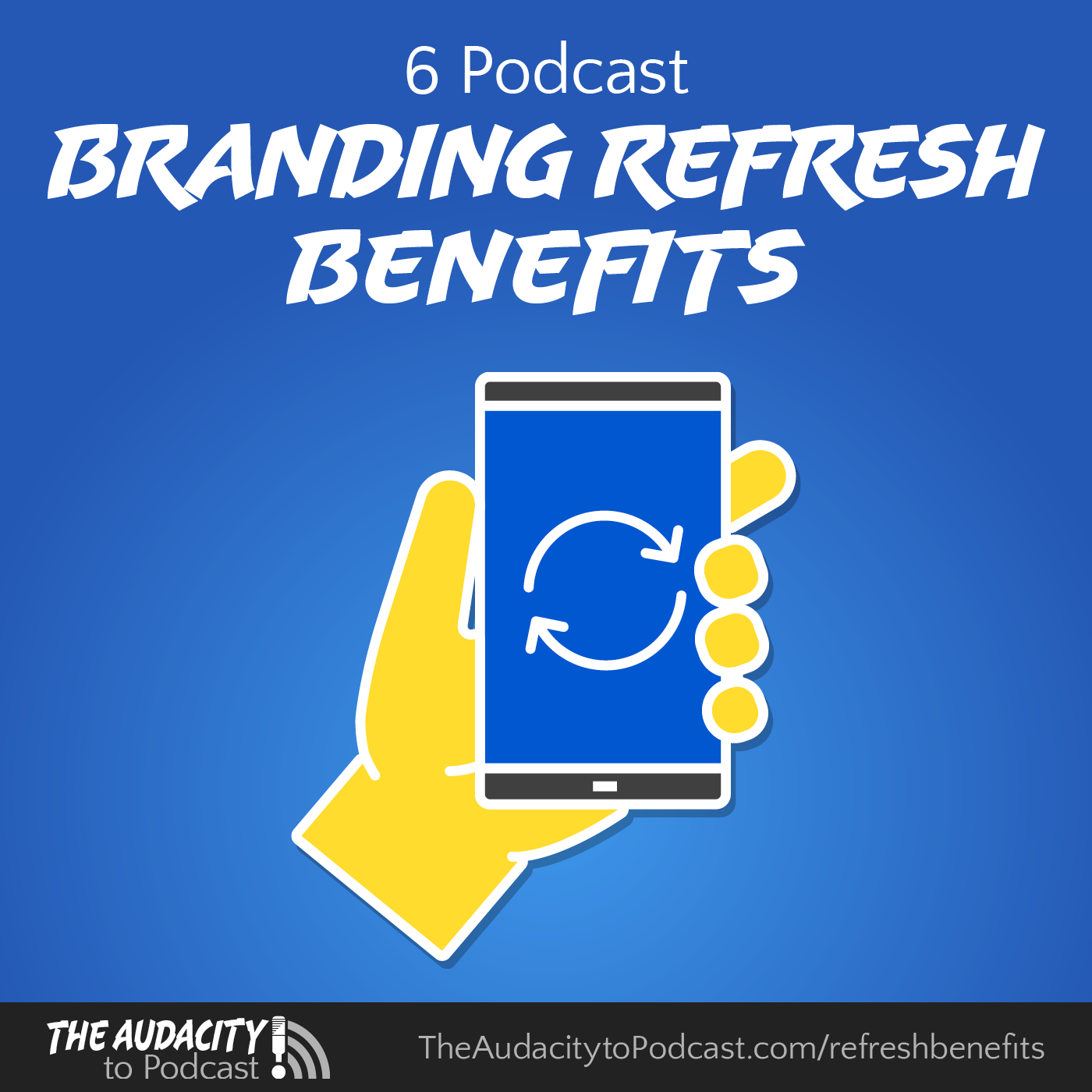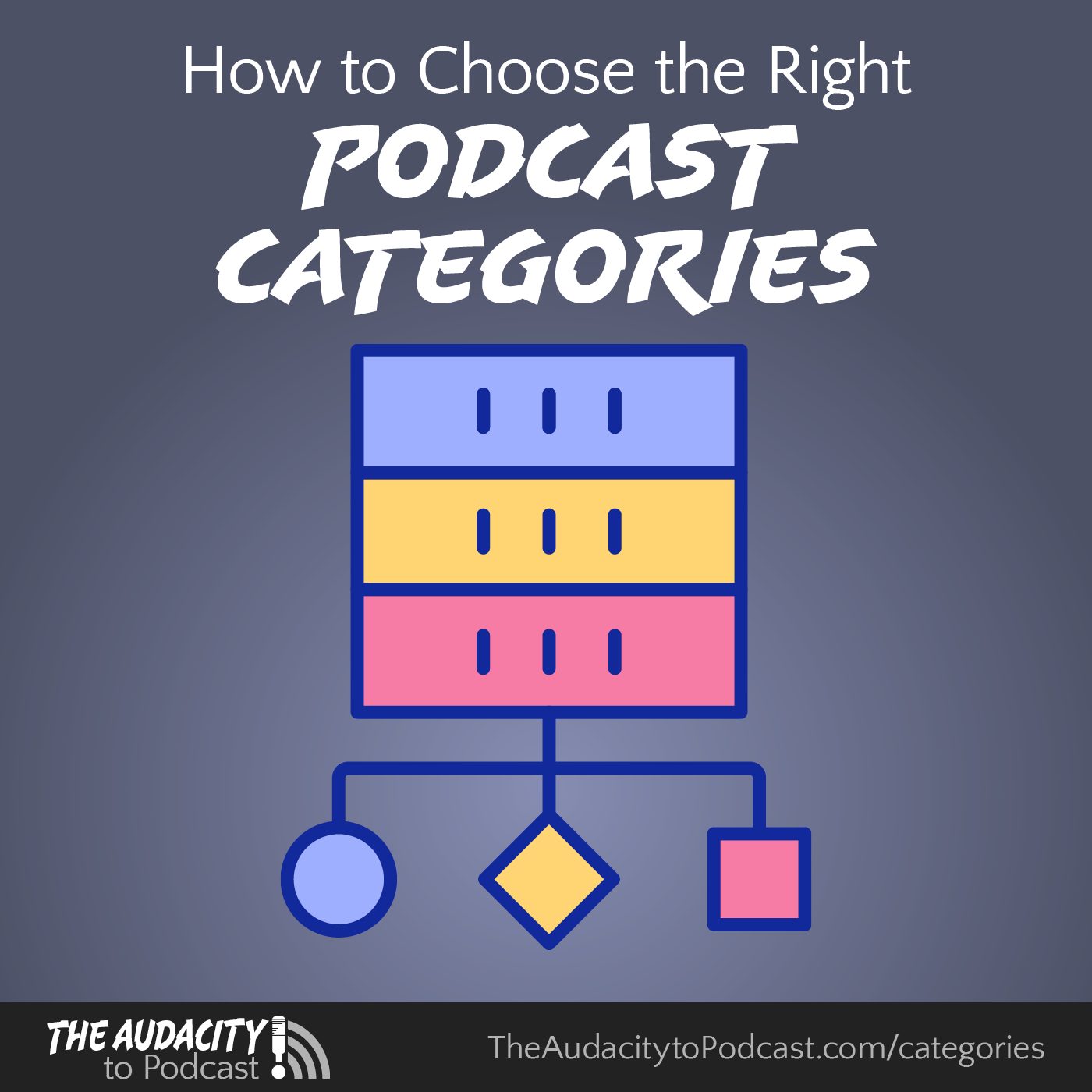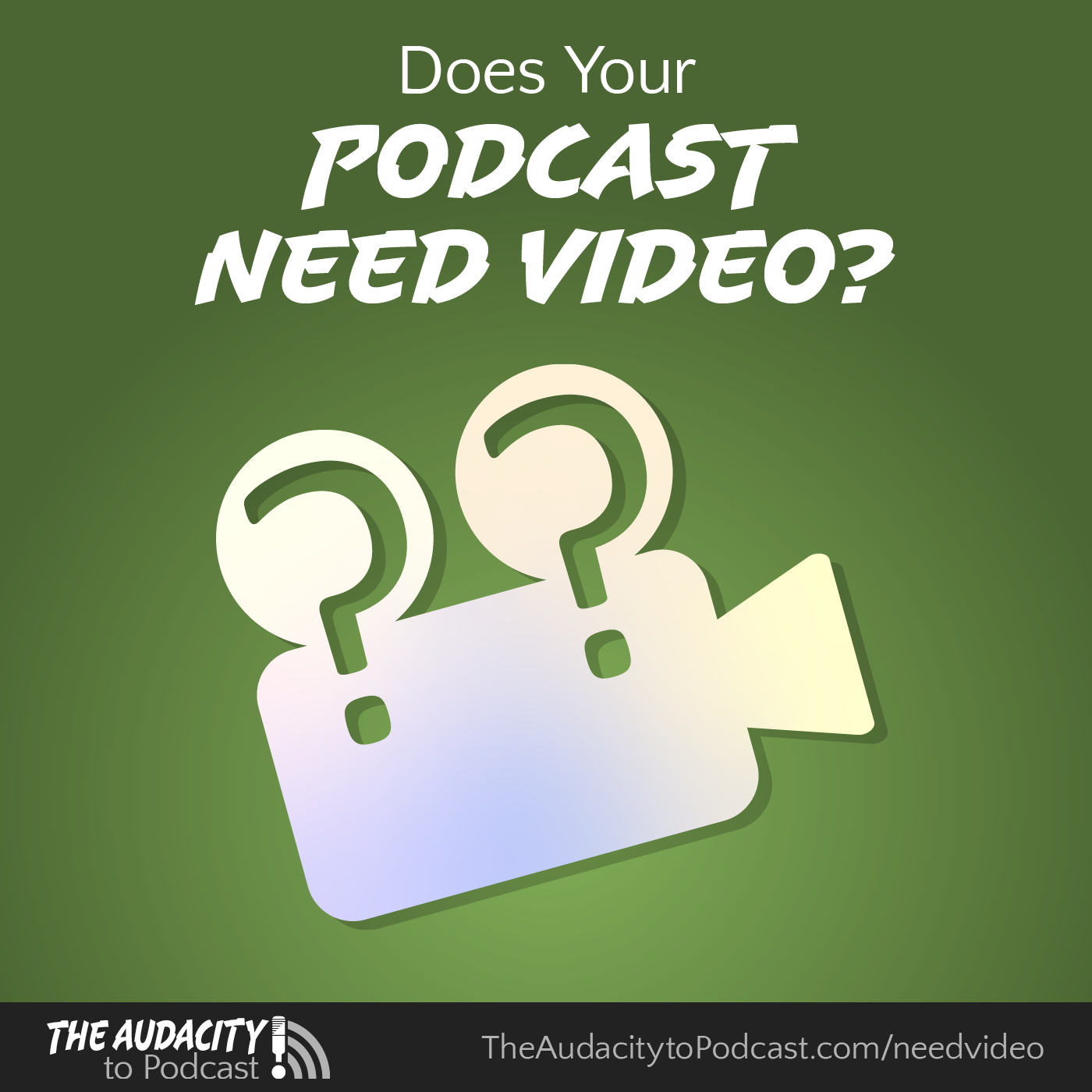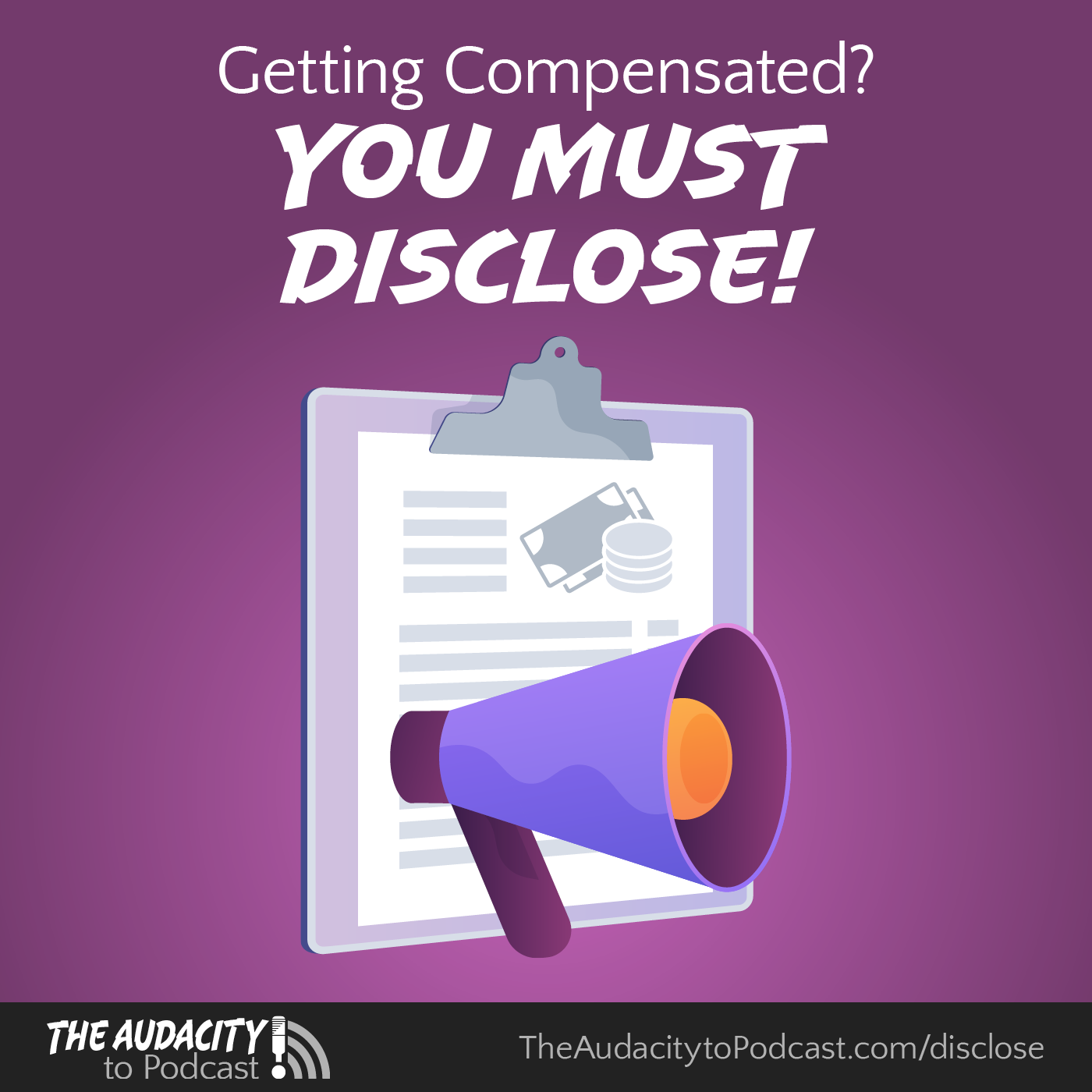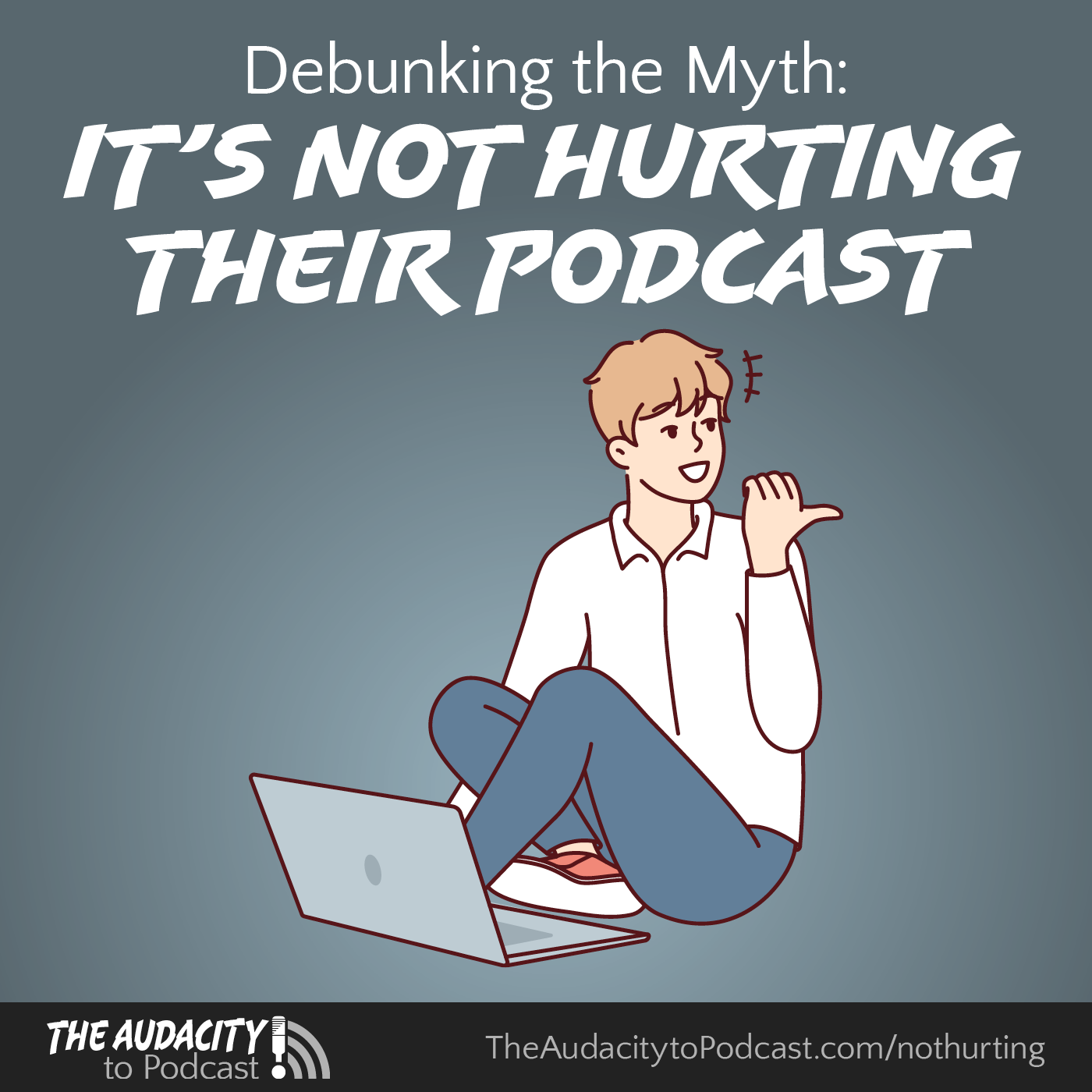Do IAB-Certified Stats Matter for Your Podcast?
Description
You might have heard people talk about IAB podcast stats, measurement guidelines, compliance, and certification. Here's what all of that means, and whether it even matters!
Who is the IAB?
Once upon a time, podcast measurement was considered the “wild, wild west”: without standards. Everyone measured what was right in their own eyes.
But like most things that start with “Once upon a time,” that was only fairy tale. And yet a fairy tale that many corporate podcasting companies believed.
Many years ago, there was the Association of Downloadable Media (ADM) that included Blubrry, Libsyn, Podtrac, and other podcasting companies. The ADM came up with standards for measuring podcast downloads still in the extremely early days of podcasting.
The ADM eventually dissolved and top podcasting companies improved on the measurement standards within their own proprietary systems. Then along came the Internet Advertising Bureau (IAB), involving many of those same original podcast-hosting providers but also large distribution networks like PodcastOne and more.
As its name implies, the IAB is all about internet advertising. And the podcasting industry needed a standard way to measure podcast ad impressions. And thus, the IAB podcast measurement guidelines were born with version 1.0 in September 2016!
What are IAB stats
IAB's podcast measurement guidelines are actually not rigid standards, but mere guidelines for podcast-analytics providers to use.
Like Elizabeth Swan said in Pirates of the Caribbean: Curse of the Black Pearl, “Hang the code and hang the rules! They're more like guidelines anyway!”
Without getting into the technical details, these guidelines are intended to filter out any kind of invalid podcast download in attempts to get an accurate count of how many people actually downloaded or streamed the episodes (and with the hopes, backed by survey data, that most of the people actually listen to most of those episodes).
(Sidenote: podcast “streams” are also downloads, simply not downloaded until the person presses play.)
These guidelines involve things like the following.
- Ignoring all downloads from an IP address blacklist (such as data centers, bot farms, and such)
- Ignoring all downloads from known invalid user agents (how a downloading app or service identifies itself)
- Ignoring duplicate downloads that look exactly the same within a period of time (usually 24 hours)
- Ignoring downloads that don't reach a threshold (one minute of audio)
- Whitelisting some IP addresses known to have a lot of users—like public wi-fi, businesses, colleges, and such—and allowing such downloads to be counted separately with the reasonable assumption that it is separate people
The top goal is to count people, not simply downloads. Because it's only people who buy things from ads, engage with the podcaster, and listen to or watch the episodes.
These IAB guidelines get updated every few years. As of March 2024, the latest version is 2.2 still in proposal stage for public comment.
IAB “compliance” versus “certification”
When the IAB guidelines were first released, many in the podcasting industry—including myself—expressed the importance that all podcasting companies that provide audience analytics should not only follow the IAB guidelines, but even get certified to be following them.
But there were also many others who disagreed with the guidelines—some people thought the guidelines were too conservative, others thought they were too liberal.
Because the guidelines are publicly accessible, anyone can build a tool that follows the guidelines. And that's where the term “IAB–compliant” came in. It was companies simply claiming compliance based on how they implemented the guidelines.
Then along came the certification program. This was a costly process—in both time and money—for a third-party organization to conduct tests and review code to ensure the companies were truly following the guidelines, and then certifying them.
You can see the list of certified podcasting companies here.
Not only does it cost to be certified, it also costs to be a member of the IAB. And it also costs to be recertified, which the IAB was pushing in 2023. And it costs to have updated access to the IAB's whitelists and blacklists of IP addresses. But with the high cost of these things, it seems that several companies are not so concerned about being “certified” anymore. And you can see in the list of certified “podcast compliance” that several companies are still certified only to version 2.0.
Why IAB-certified podcast stats are good
I agree with the premise of the IAB podcast measurement guidelines: to have a consistent measurement “standard” across the podcast industry. The dream of this standard is that no matter who you use for podcast hosting and analytics, the statistics you get will be essentially the same. Put another way, 100 people downloading your latest episode would be counted as 100 downloads on Blubrry, or 100 downloads on Captivate, or 100 downloads on Buzzsprout, or 100 downloads on any other provider.
If everyone is following the same standard, then there wouldn't be the heartbreak and confusion if you switch from one provider to another and see a significant drop in your stats—because there shouldn't be much of a difference if everyone is measuring the same way!
So it's definitely a good thing for a podcasting company to follow the IAB guidelines, and being certified means that a neutral third party can confirm the guidelines are being followed correctly.
But every standard will have loopholes
That dream is, unfortunately, not the reality. The biggest reason is that, going back to Miss. Elizabeth Swan, the IAB podcast measurement guidelines are exactly and only that: guidelines!
As such, some companies will implement those guidelines differently. Or they use different whitelists and blacklists.
And over the years, there have been multiple loopholes found that some companies independently patch even though the IAB guidelines might not account for them, yet. For example, “Twitter bombing” was a problem several years ago. That's where someone would post a direct link to their podcast media file (like an MP3) on Twitter, and then repeatedly post that link all day, every day. Companies like Blubrry and Libsyn caught this behavior fairly quickly and were able to filter it out so those misled (or outright deceptive) podcasters wouldn't have fraudulent stats.
I even caught a podcaster guilty of such a “crime” when they were Twitter-bombing my own guest appearance on their podcast. When I politely tried to share the truth with them, they deleted my episode!
Or more recently, some podcast networks put ads in mobile games where the podcast audio would start playing automatically and enough of the audio would pre-download (or “buffer”) that it would actually get counted as a legitimate download, even for IAB-certified providers!
In my past research for testing the fastest podcast hosting, I also discovered that some hosting providers counted some or even all of my bot downloads. And I didn't even attempt to disguise my bot downloads as real people using podcast apps! (Please note that some or—let's hope—all of those previously guilty companies have probably improved their measurement algorithms since that test in 2019! But probably not Soundcloud.)
Why you don't actually need IAB-certified podcast stats
Does it really matter an

